”Fredo, you’re my older brother and I love you.
But don’t ever take sides
with anyone against the family again“

- Meaning
- The phrase highlights the complex dynamics of loyalty and betrayal within familial relationships. Philosopher Friedrich Nietzsche's concept of the 'will to power' can be explored here, where the idea of power dynamics in relationships is examined. Psychologically, it unveils the notion of family loyalty, suggesting that no matter the circumstances, familial bonds should remain intact. Historically, many cultures have echoed similar sentiments regarding the sanctity of family, showcasing that while love exists, there are rules and expectations that come along with familial ties.
- Allegory
- The allegorical image showcases a tall, majestic tree symbolizing family, with its roots thick and intertwined, representing the strong bonds and history shared among its members. The branches, while sometimes reaching in different directions, emphasize that they ultimately emerge from the same trunk, mirroring family loyalty despite conflicts. The natural elements surrounding the tree signify the outside pressures and challenges that families may face, while the warm colors evoke a sense of love and unity.
- Applicability
- This phrase can be applied in real life by reminding individuals of the importance of family unity and loyalty, encouraging them to consider the long-term consequences of their actions on family relationships when faced with conflicts. It resonates with the idea of prioritizing the well-being and support of family members over external allegiances.
- Impact
- This phrase has had a significant impact on popular culture and has been quoted in various contexts, emphasizing family loyalty not only in crime drama settings but also in everyday family discussions. It underscores a broader cultural narrative about the importance of family ties and loyalty, influencing countless discussions around family values.
- Historical Context
- The phrase is situated in the mid-20th century, specifically in the 1970s, coinciding with the release of the book in 1969 and its film adaptation in 1972. The historical context reflects a post-war America, where family structures began changing, yet traditional values such as loyalty and allegiance remained prevalent.
- Criticisms
- Criticism may arise regarding its potential promotion of nepotism or unhealthy family dynamics, suggesting that blind loyalty can lead to toxic relationships. Some argue that it discourages individuals from pursuing what is right or just if it contradicts family loyalty, raising valid points on the balance between familial love and personal ethics.
- Variations
- Variations abound in other cultures, such as the Japanese proverb 'The nail that sticks out gets hammered down,' which reflects how individuality can conflict with communal or familial expectations. Such differences highlight how various cultures perceive family loyalty and social cohesion within those dynamics.
-
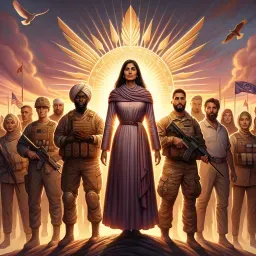
I trust these men with my life, Senator. To ask them to leave would be an insult.
-
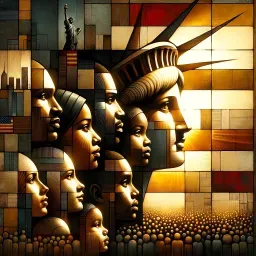
I believe in America. America has made my fortune.
-

I know it was you, Fredo. You broke my heart.
-
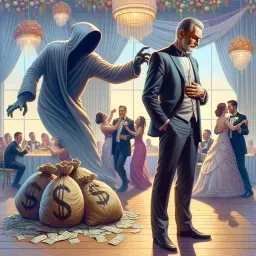
You come into my house on the day my daughter is to be married and you ask me to do murder, for money.
-
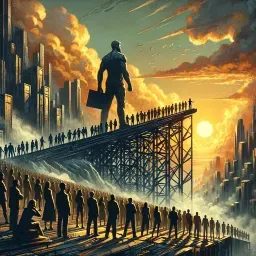
Michael, we're bigger than U.S. Steel.
-

What’s the matter with you? Is this how you turned out? A Hollywood finocchio that cries like a woman?
-
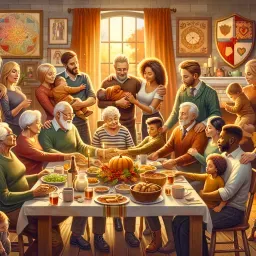
You are my older brother, and I love you. But don’t ever take sides with anyone against the family again. Ever.
-
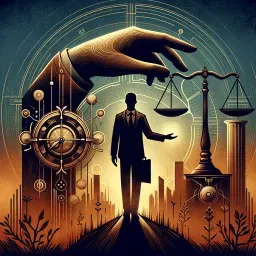
Some day, and that day may never come, I will call upon you to do a service for me.
-
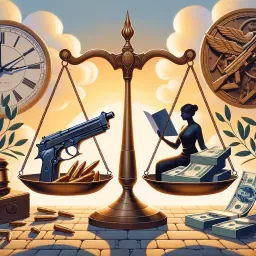
Finance is a gun. Politics is knowing when to pull the trigger.
-

I have a sentimental weakness for my children, and I spoil them, as you can see.
No Comments